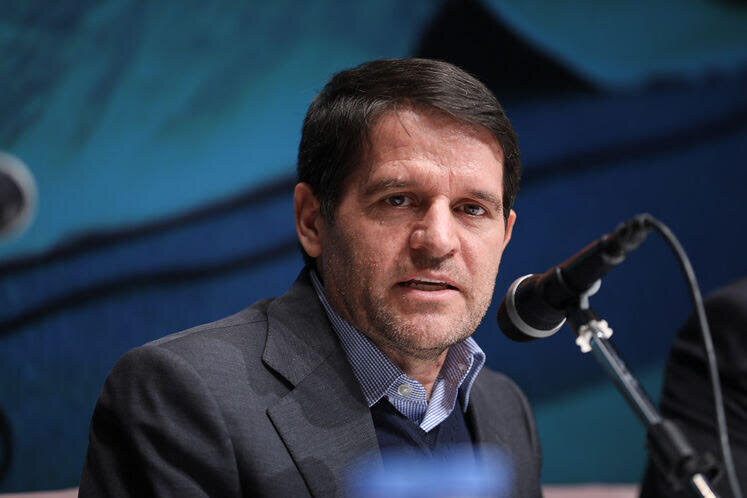Iran’s petchem production capacity reaches 100m tons

TEHRAN – The production capacity of Iran’s petrochemical industry has reached approximately 100 million tons, with 60 percent allocated to key base products such as methanol, ammonia, ethylene, and other essential chemicals, the head of the National Petrochemical Company (NPC) said.
According to a report by NPC, Hassan Abbaszadeh made the remarks on Monday at the "Future of the Petrochemical Industry" panel during the third PetroTech Conference, IRNA reported.
He acknowledged shortcomings in the production of certain products, including propylene, but emphasized that completing its value chain would enable the production of high-value-added products for both domestic use and export.
The deputy oil minister highlighted plans to enhance the petrochemical value chain, stressing that development depends on adopting new technologies. He noted that Iran’s Seventh Development Plan outlines the path for progress across various sectors.
Abbaszadeh also stated that three utility complexes in the petrochemical sector generate around 4,000 megawatts of electricity, with surplus power supplied to the national grid. He added that petrochemical plants use only four percent of the country’s total gas production as feedstock.
He underscored the importance of optimizing oil and gas resources, stating that diversifying feedstock and leveraging renewable energy and modern technologies would help the industry achieve its planned production growth.
The NPC chief also highlighted the company’s regulatory role, saying that its oversight as a government representative fosters cooperation, production growth, and balanced industrial development.
Need for private sector support
Also during the panel, Mohammad Reza Nematzadeh, former head of NPC, emphasized the private sector’s potential in petrochemical development. He stated that supporting private investments could drive transformation and expand product offerings.
Regarding feedstock supply, Nematzadeh acknowledged current imbalances but expressed confidence that with proper utilization of hydrocarbon resources, petrochemical plants would have no concerns over feedstock availability for the next 50 years.
Parliament’s support for petrochemical development
Mostafa Nakhaei, a member of Iran’s parliamentary Energy Committee, reiterated the legislature’s commitment to supporting the petrochemical industry. Despite challenges such as sanctions, the sector remains on a growth trajectory, and all available capacities must be used to address industry challenges, he said.
Nakhaei stressed the importance of enhancing global competitiveness, expanding market presence, and utilizing advanced technologies to produce higher-value petrochemical products for international markets.
The third PetroTech National Conference concluded on Monday.
EF/MA
